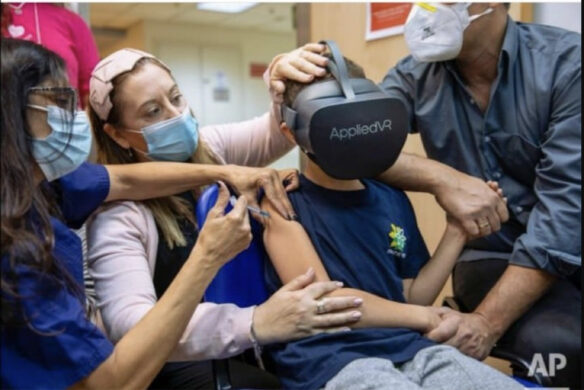
What are we doing to our children?



I hereby re-publish a post from 12 years ago that is appropriate for our times. Please read the very interesting comments.
If you are wondering why Joe Rogan has 10 times the listeners/viewers compared to the average legacy media show, this may help explain it. And while Big Tech continues to censor truth-tellers, veracity will get out to those with eyes to see and ears to hear.

This Des News profile does a very good job summarizing the life of Sen. Harry Reid, who passed away today at 82.
To summarize: Sen. Reid was a good family man, a quiet but faithful supporter of the Church and an awful politician.
This is the man who never apologized about lying about Mitt Romney’s taxes and even bragged about it. But at the same time I would like to point out that Church officials were always appreciative of Sen. Reid’s work to promote the work of the Gospel behind the scenes:
Ralph Hardy Jr., a lawyer and past chairman of the church’s public affairs advisory committee in Washington, D.C., said in 2017 that Reid’s leadership roles in Congress and his commitment to the church made him a natural person to turn to. He called Reid’s efforts on Latter-day Saint issues extraordinary.
“In my personal experience, Sen. Reid has extended himself and been willing to help and roll up his sleeves and get us introduced to the right people and speak well for us,” said Hardy, who served as an area authority and stake president.
The nation’s recent lockdown policies and mask mandates will create a generation of children who exhibit lower IQs and signs of social brain damage, according to Dr. Mark McDonald, a clinical psychiatrist for children and adolescents, in an interview with host Cindy Drukier of a Dec. 25 episode of NTD’s The Nation Speaks.
McDonald cited an Aug. 11 study by Browns University (pdf) which found that “children born during the pandemic have significantly reduced verbal, motor, and overall cognitive performance compared to children born pre-pandemic.”
The masks, “zoom schools,” and lockdown mandates lead to “deprivation overall, of social contact, [of] not being able to see faces, being stuck at home all day long, has actually caused brain damage to the youngsters,” said McDonald.
In another interview in the episode, the director of Oxford University’s Centre for Evidence-Based Medicine, Professor Carl Heneghan, cited evidence that pandemic restrictions and the “fear we instill into children” has led to “worsening” of “psychological problems.”
Heneghan cited his Oct. 2 study which concluded that “eight out of ten children and adolescents report worsening of behavior or any psychological symptoms or an increase in negative feelings due to the COVID-19 pandemic.”
“School closures contributed to increased anxiety, loneliness and stress; negative feelings due to COVID-19 increased with the duration of school closures,” the study reported. “Deteriorating mental health was found to be worse in females and older adolescents.”
Adolescents above the age of 12 also did worse than children under the age of 12, as adolescents face increasing peer pressure, social pressure, and are more aware of messages being delivered globally, according to Heneghan.
“The first thing is to de-escalate any fear and anxiety around COVID for children,” Heneghan said, adding that “for children, [COVID] is actually a very safe disease” and that children should not be worried about the impact of COVID “on themselves, or their future health.”
He also added that “shutting areas like schools was a mistake,” as keeping them open is good for education, “social connectedness, and well-being.”
“We should really prioritize education and those interventions that are in children’s best interest,” Heneghan stated.
According to a Dec. 20 study, data from the CDC (Center For Disease Control and Prevention) also showed that mental health-related visits in 2020, when pandemic restrictions were first imposed, increased by 24 percent in ages 5–11 and by 31 percent in ages 12–17 in comparison to 2019 data.